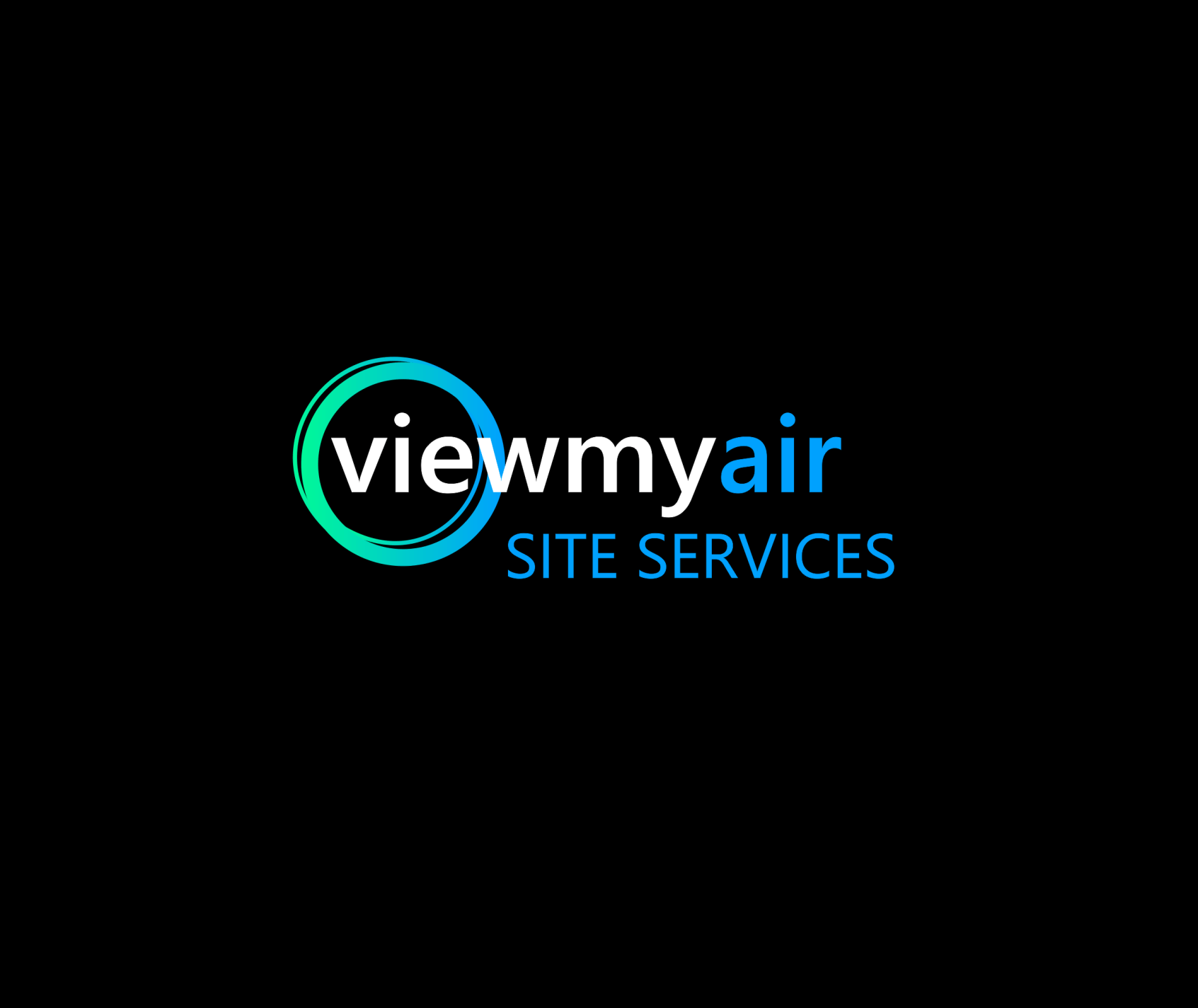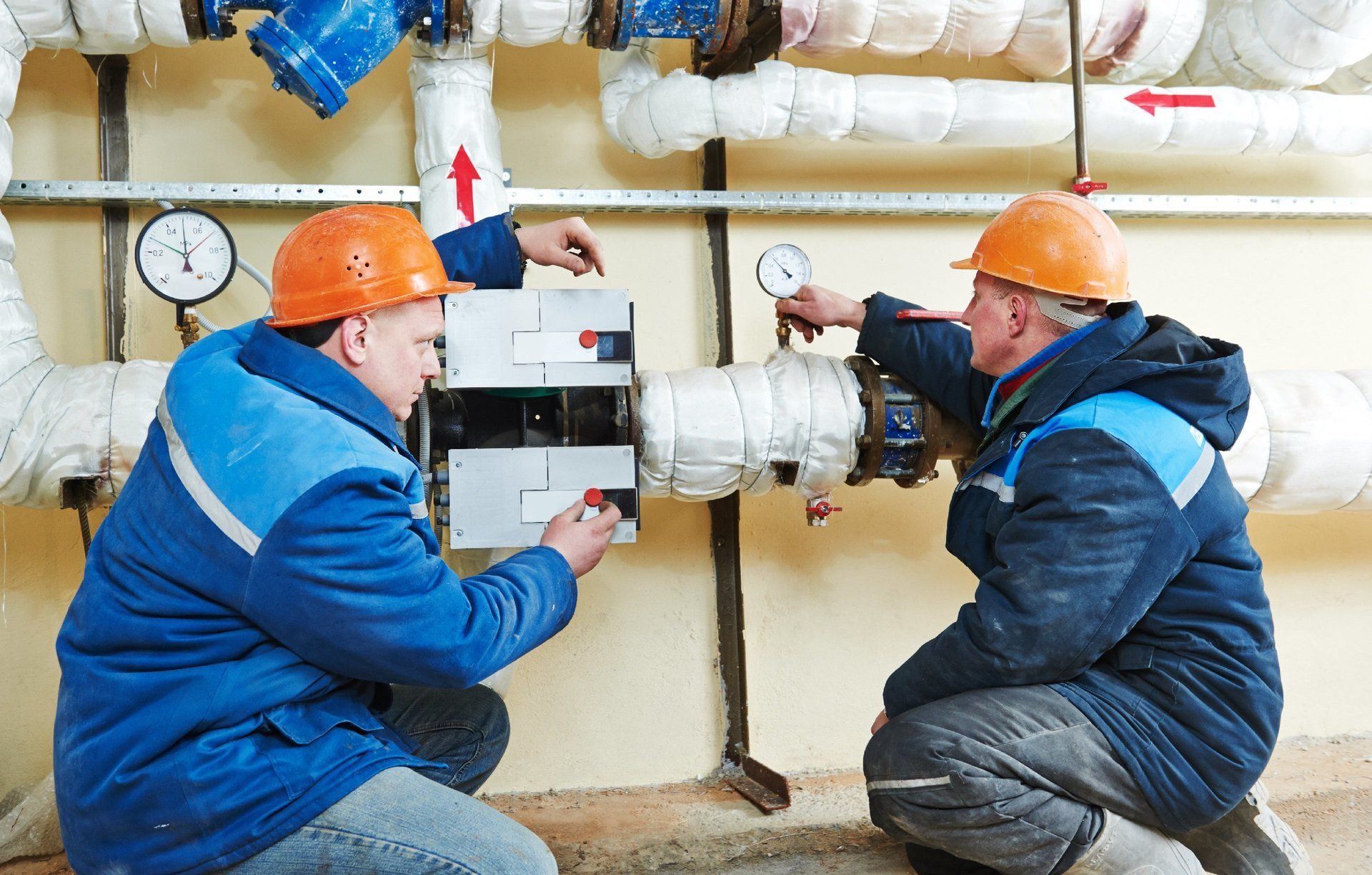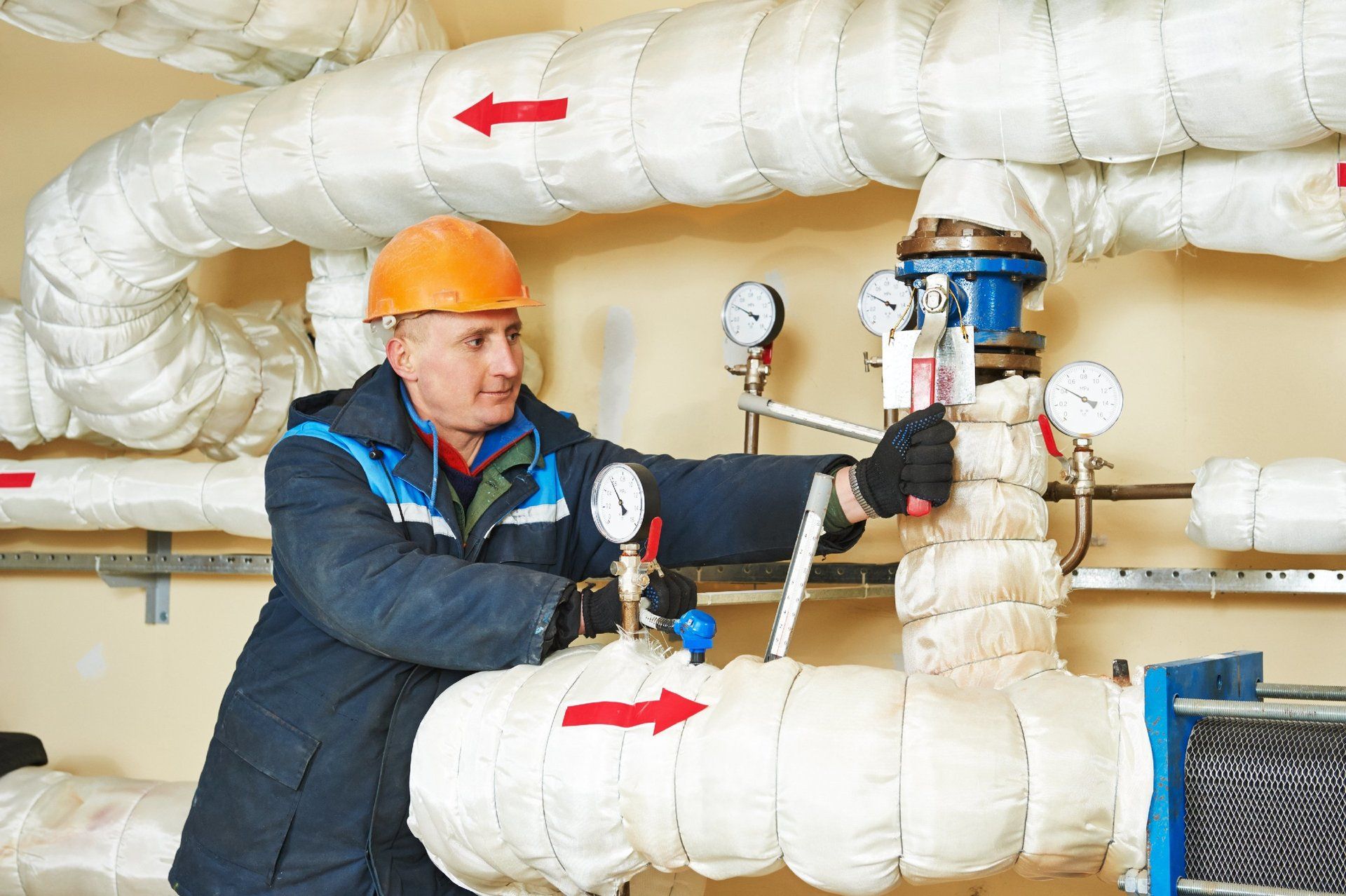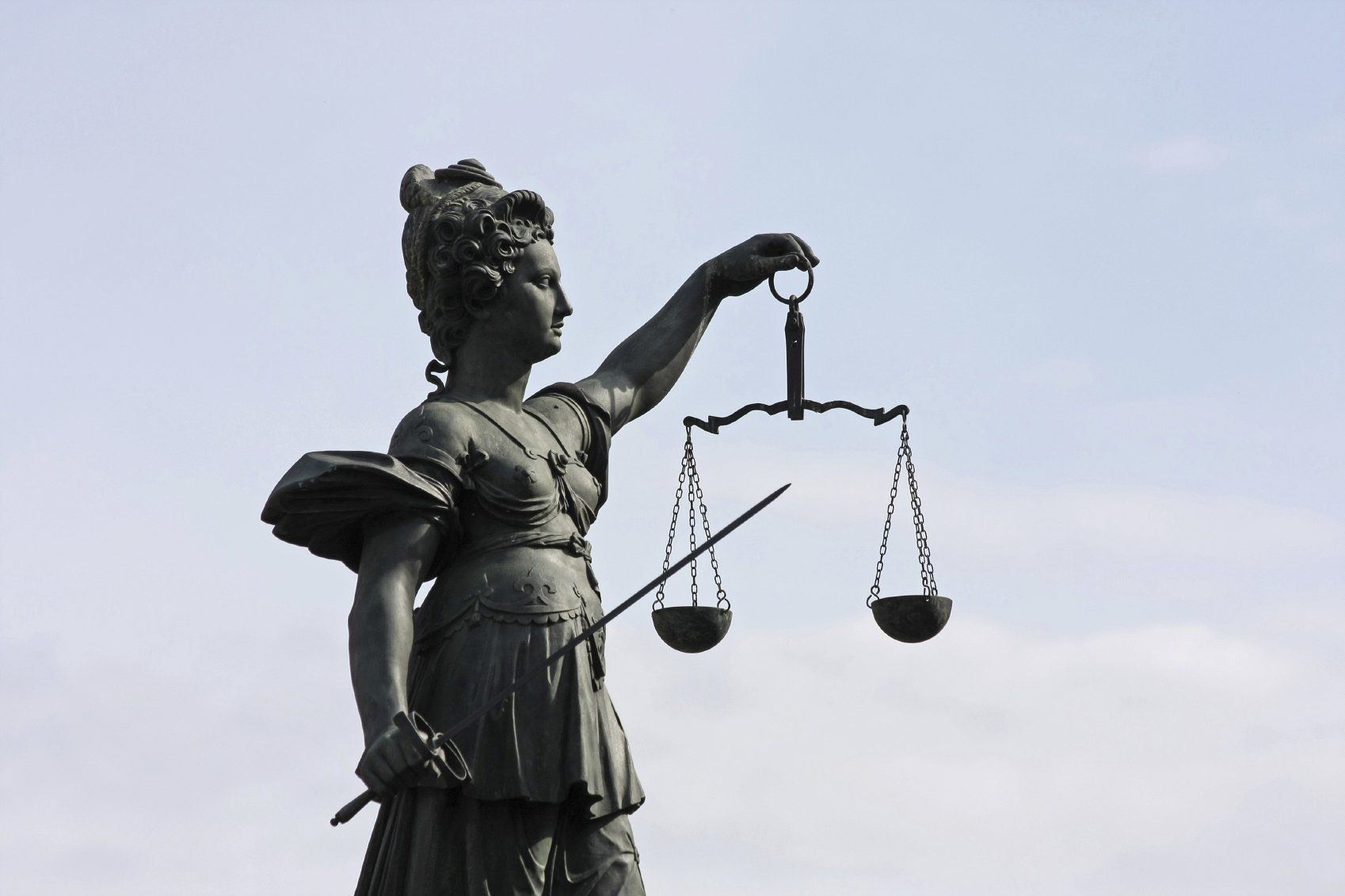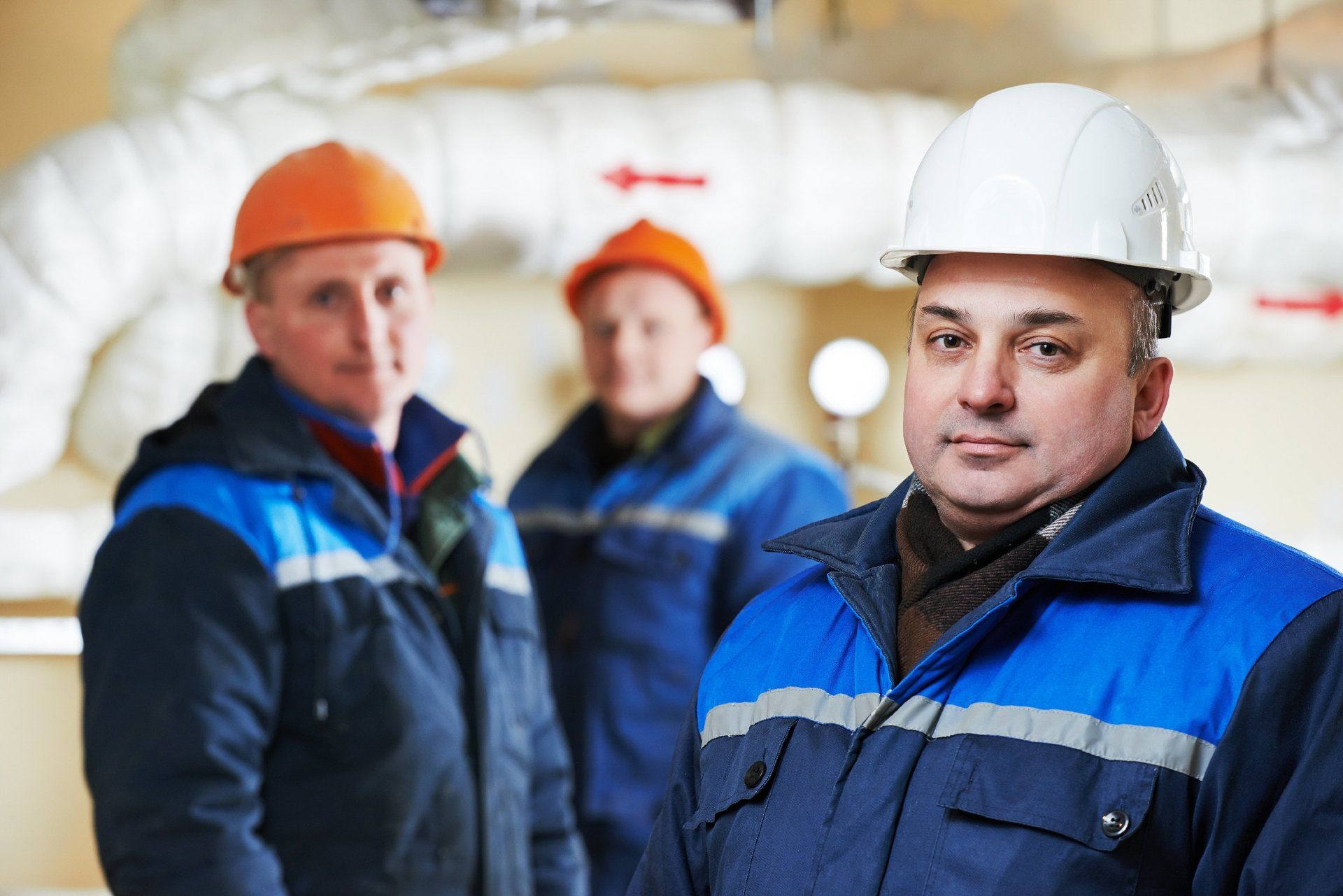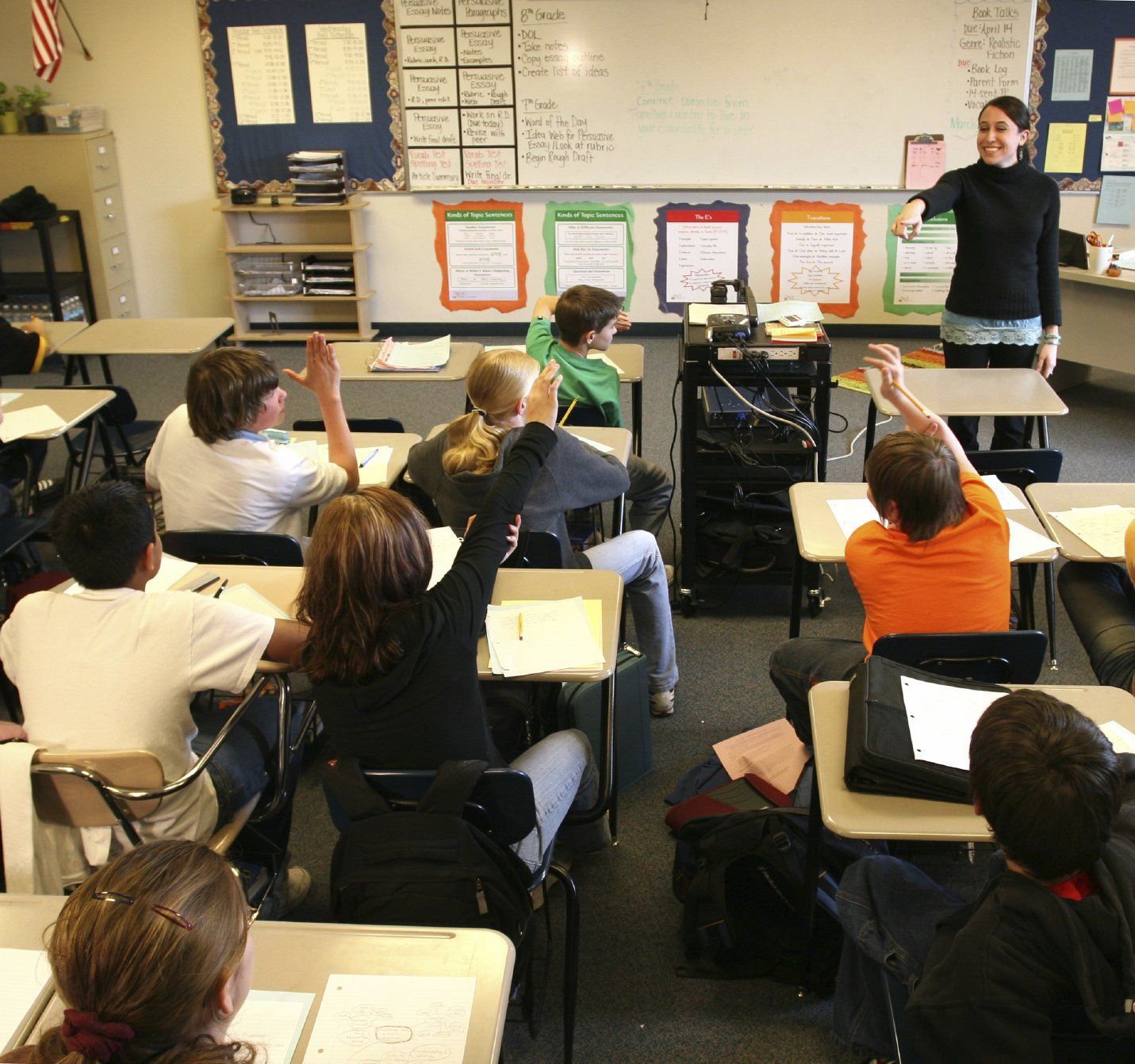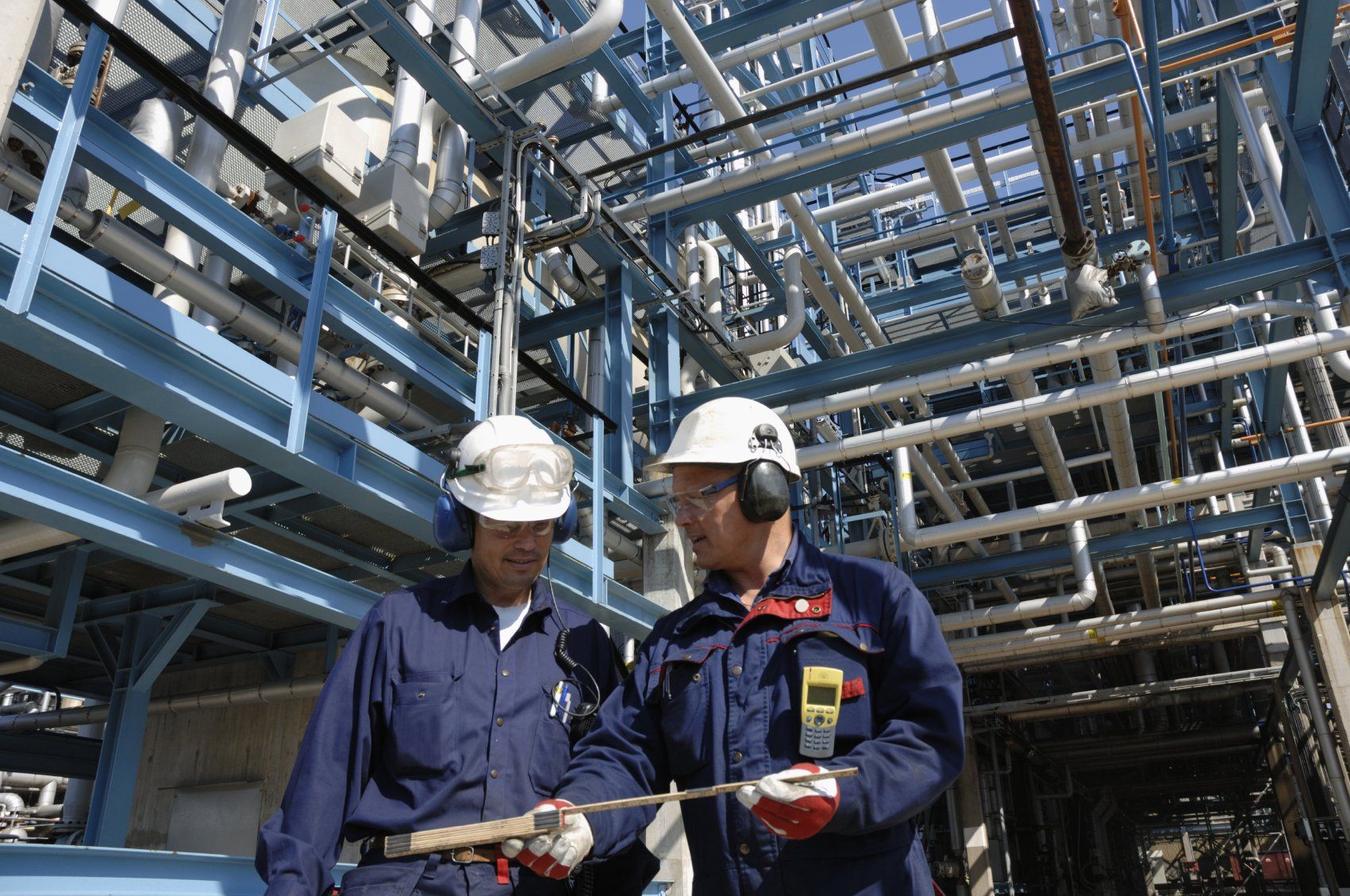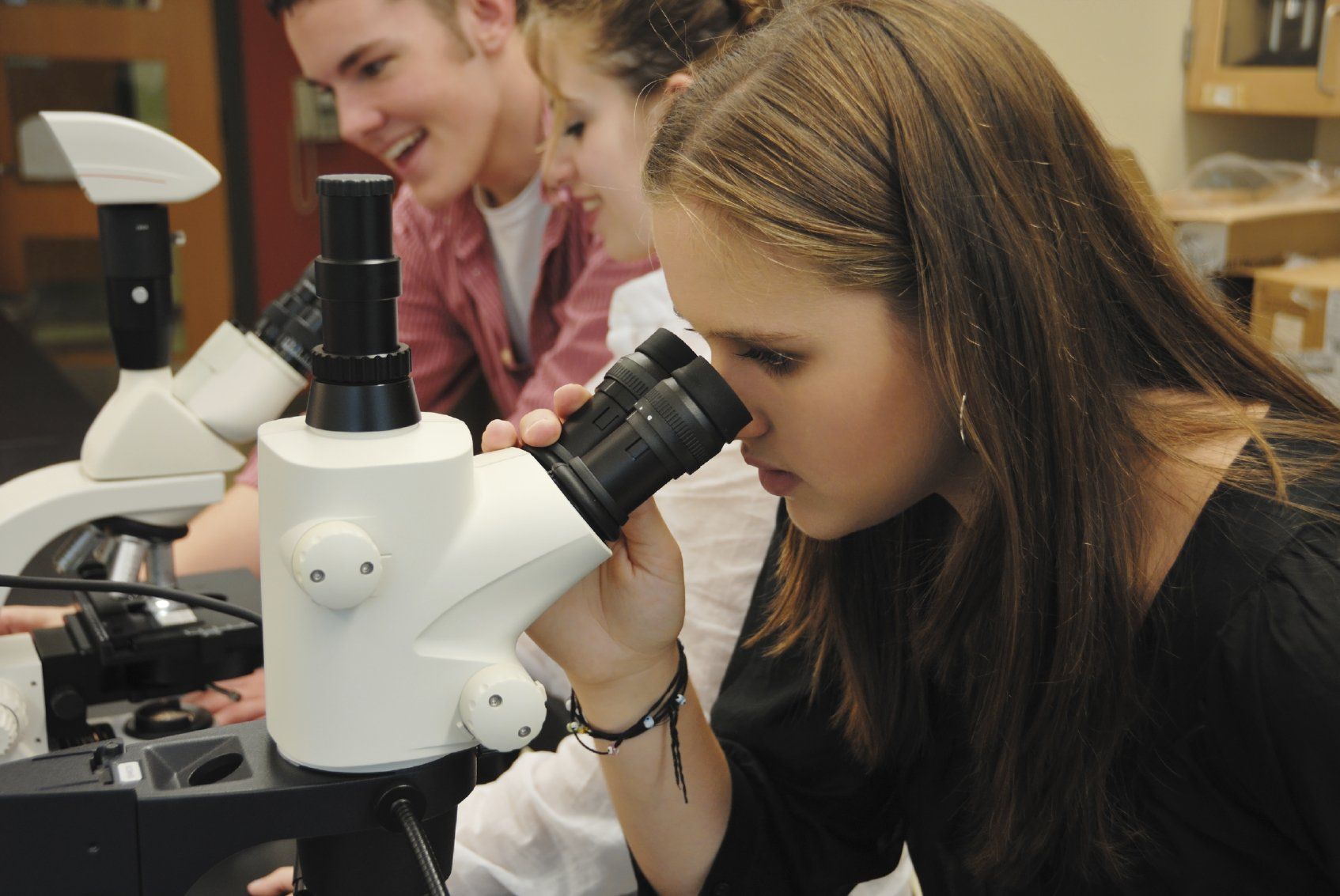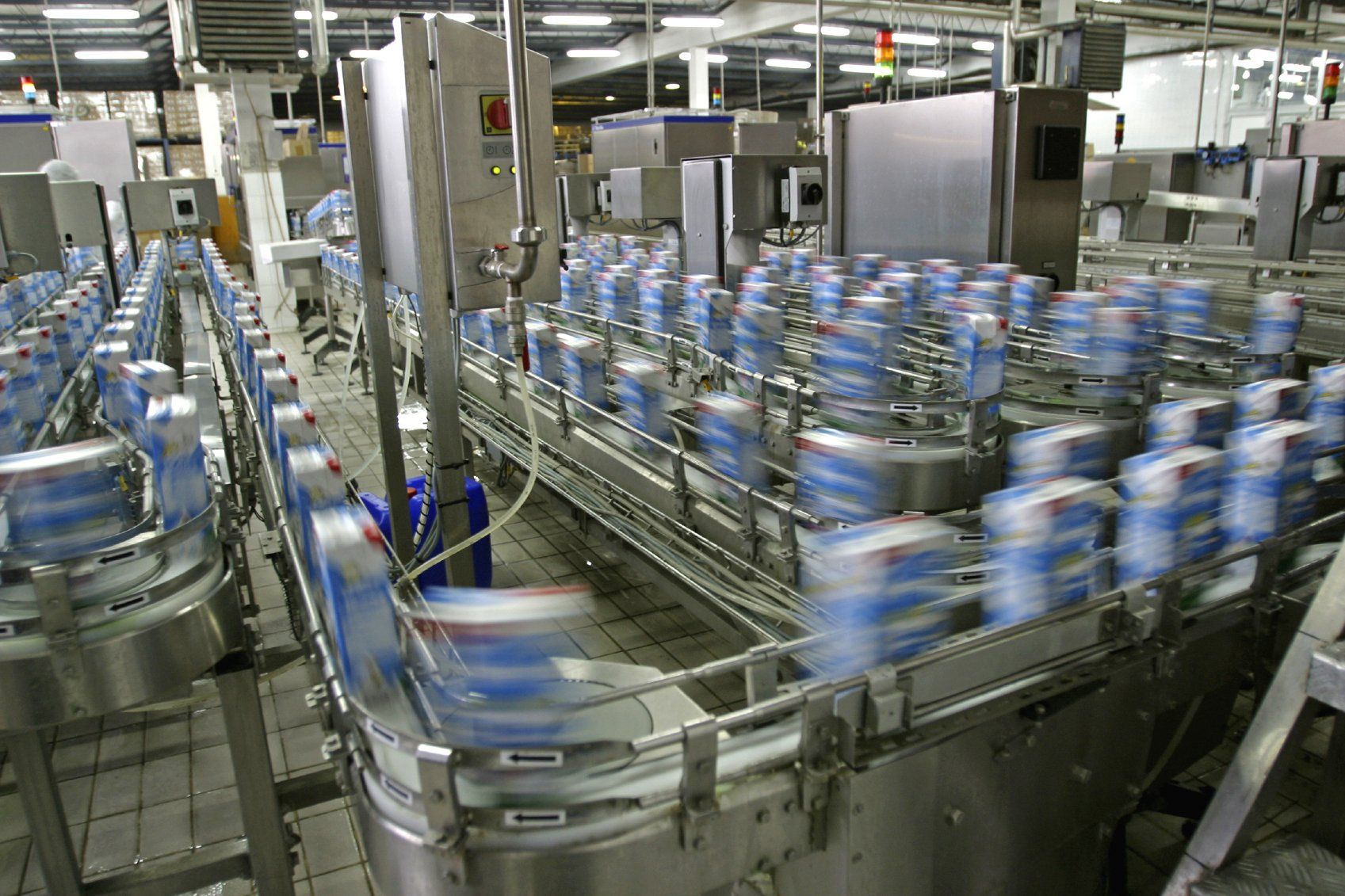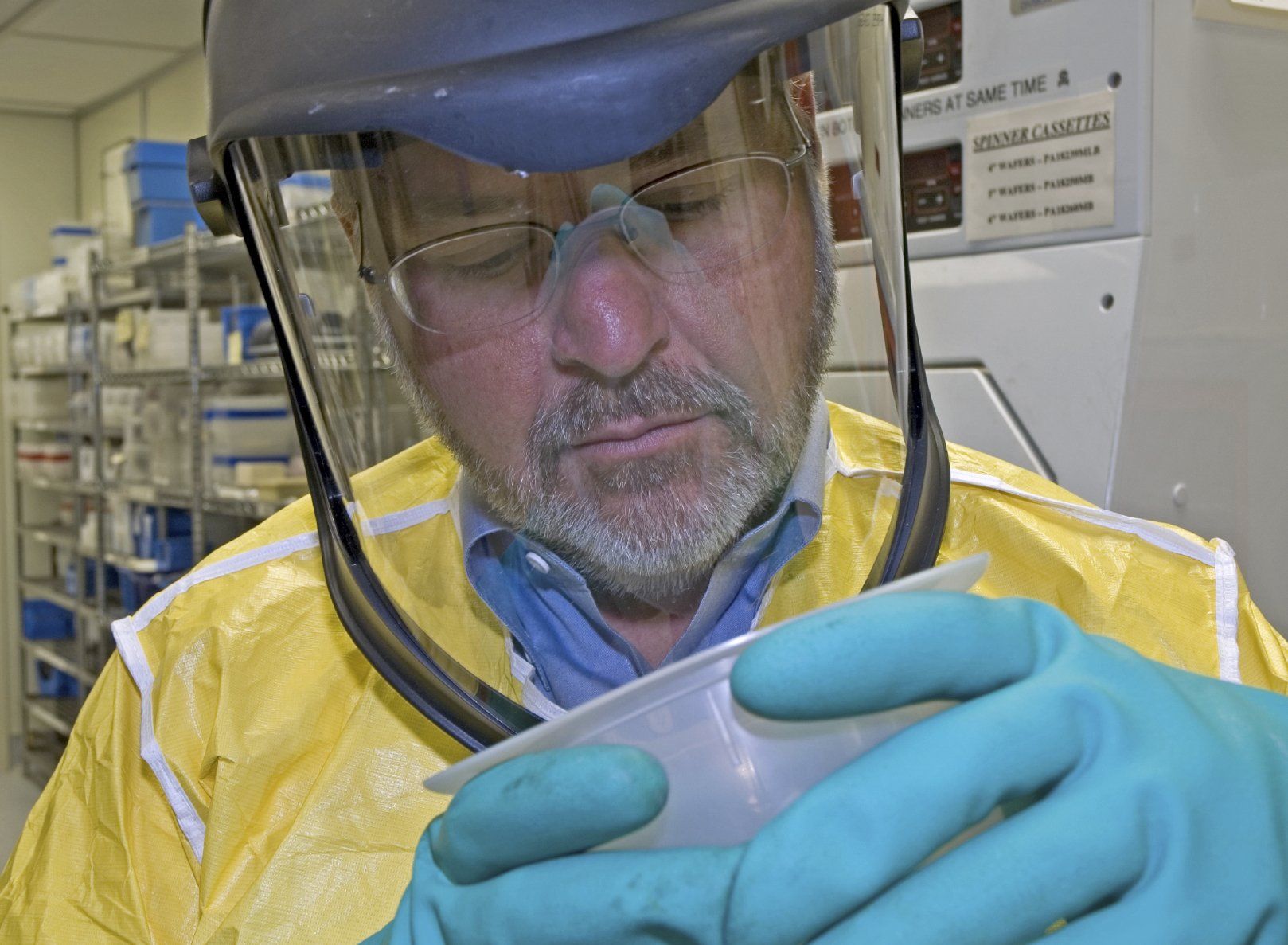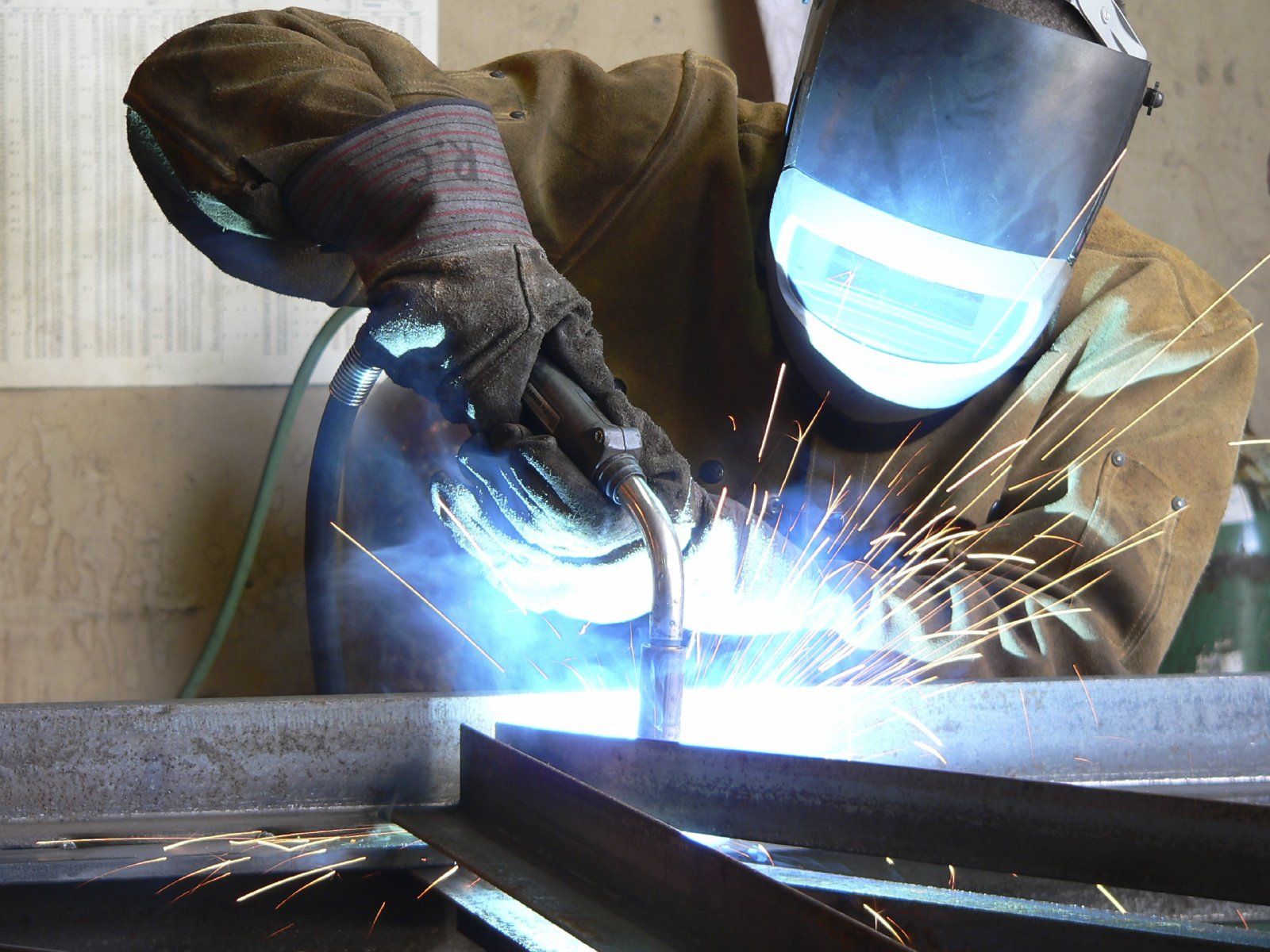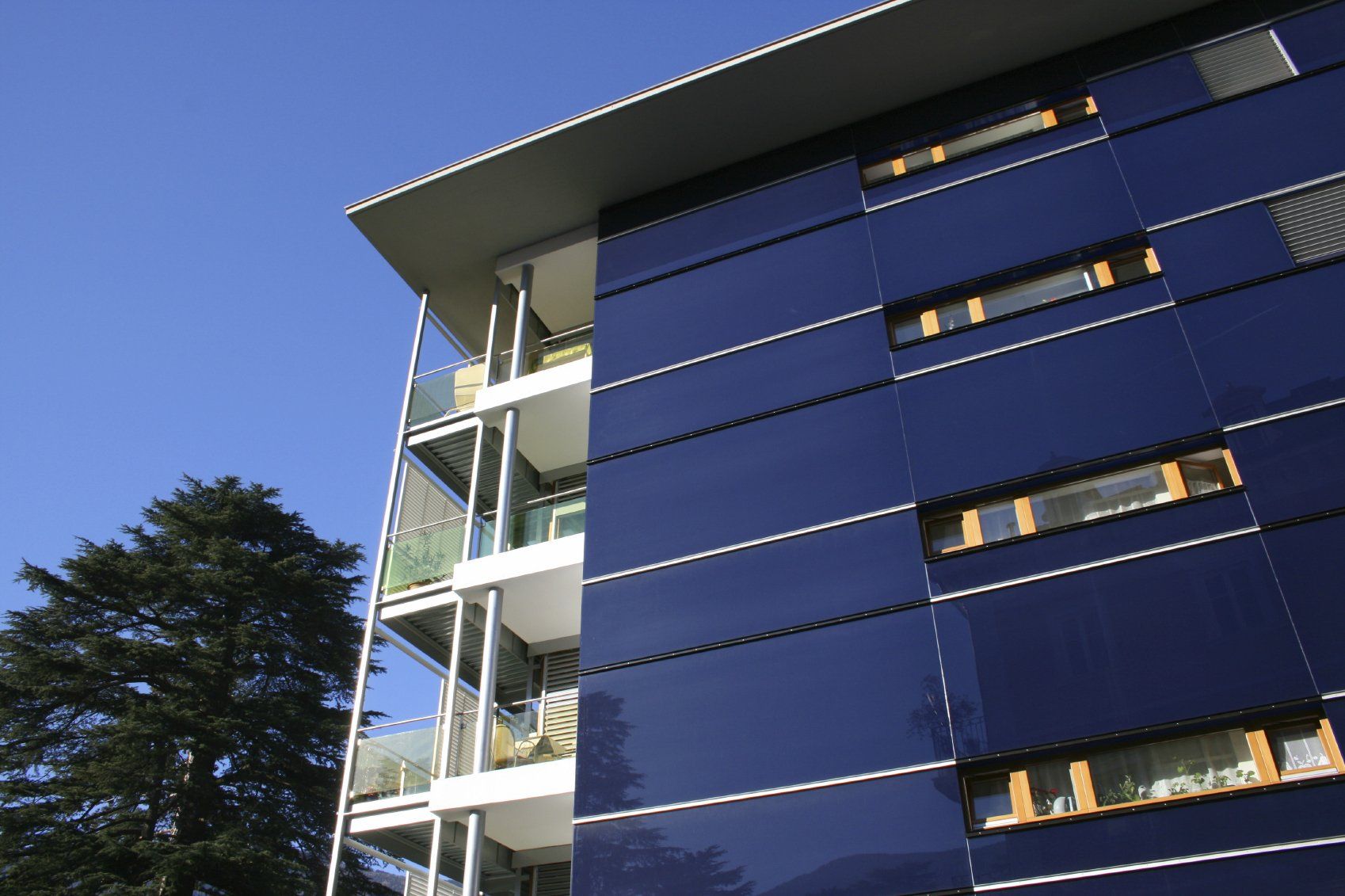Gas Detection
Service, Maintenance & Calibration
Gas detection is an essential safety professionals can’t afford to get wrong
It is a legal requirement that gas detection systems need to be serviced, calibrated and maintained, just as fire systems. The calibration and maintenance period is dependent on the environment. Generally, the maintenance period is 6-12 months.
There is legislation detailing gas detection systems calibration and servicing that we work to; Ensuring 100% efficacy of your gas detection systems.
The Factories Act 1961 is an Act of the Parliament of the United Kingdom. The Factories Act 1961 states a requirement for all gas detection systems to be systematically examined and recalibrated. Regular checking and calibration in compliance in accordance to BS EN 60079-29-2:2007.
BS EN 60079-29-2:2007 legislation also states that gas detection systems must be serviced every 6 months.
PUWER 1998 (Provision & Use of Work Equipment Regulation) states “safety equipment needs to be effective and maintained”.
BS EN 60079-29-2:2015
Provision and Use of Work Equipment Regulations 1998 (PUWER)
BS EN 60079-17-2014
BS EN 500731
COGDEM
IGEM-UP-19 Edition 1: Design and Application Of Interlock Devices and Associated Systems Used in Gas Appliance Installations In Commercial establishments
BS EN 60079-29-1 Explosive Atmospheres. Gas detectors. Performance Requirements Of Detectors For Flammable Gases.
BS EN 60079-29-2:Explosive Atmospheres. Gas Detectors, Selection, Installation, Use and Maintenance Of Detectors For Flammable Gases and Oxygen.
BS EN 60079-29-0:2012+A11:2013 Explosive Atmospheres. Equipment. General Requirements
BS EN: 45544-4:2016: Workplace Atmospheres
BS EN 60079-10-1:2015 Explosive Atmospheres. Classification of Areas. Explosive Gas Atmospheres
BS EN 50402:2005+A1:2008: Electrical Apparatus for the Detection and Measurement of Combustible or Toxic Gases or Vapours or of Oxygen
BCGA Guidance Note 11 Reduced Oxygen Atmospheres
BCGA Guidance Note 2, Guidance For The Storage Of Gas Cylinders In The Workplace, rev 2 2010.
BCGA Code of Practice 4 Industrial Gas Cylinder Manifolds and Gas Distribution Pipework (excluding acetylene). Revision 4: 2012
Best Practice
As the industry leading specialists in gas detection servicing and maintenance and safety, ensuring systems are compliant with latest standards is critical to our core values.
We have passed industry leading conformity and compliance through testing, verification and inspection.
Book your service now
Submit your request and we'll get back to you
SMELL GAS ?
Immediately call
0800 111 999
If you smell gas, think you have a gas leak, or are worried that carbon monoxide fumes are escaping from an appliance, call the free National Gas Emergency Service immediately.

